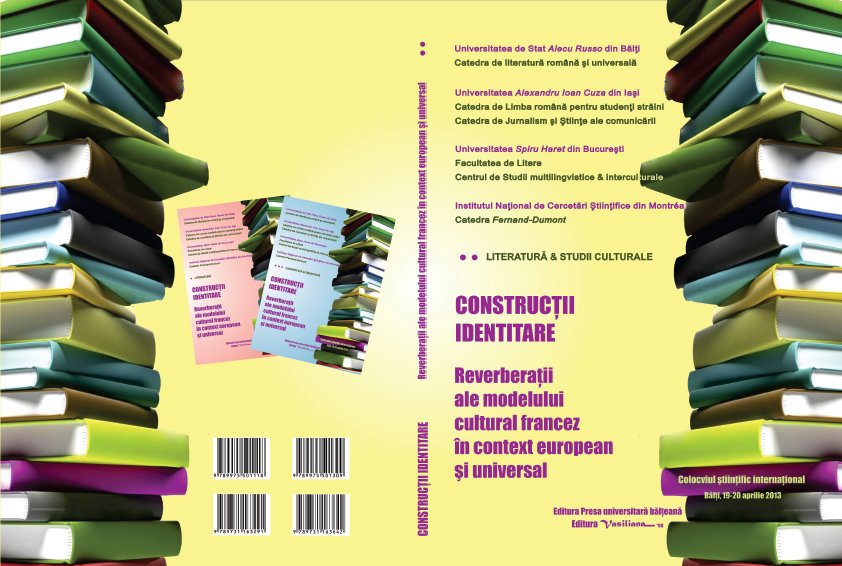

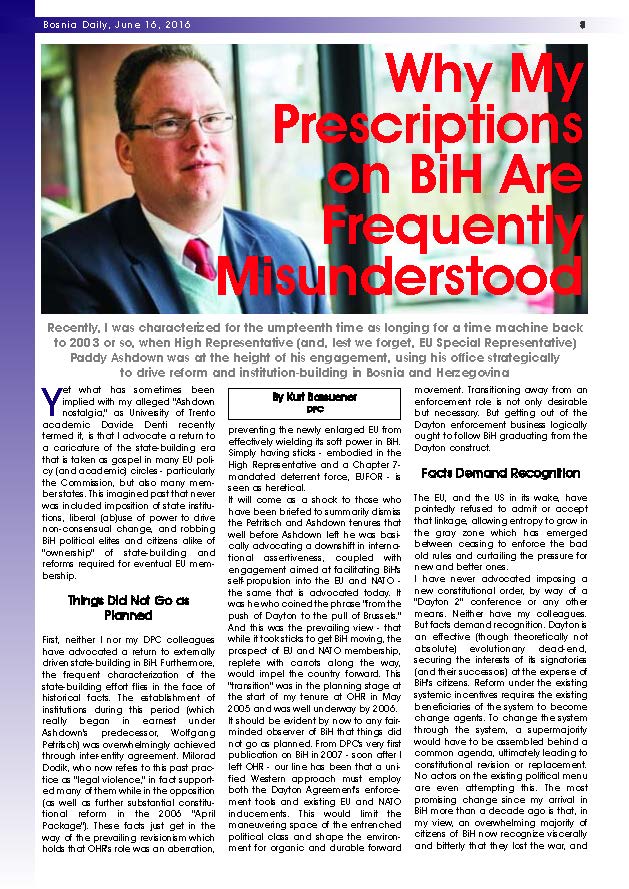
Keywords: BiH; prescription; misunderstanding; Paddy Ashdown; Wolfgang Petritsch; entities; high representative; EU membership; NATO; Dayton accords; constitution; revision; political elites;
Bosnia Daily: June 16, 2016 – Why My Prescriptions on BiH Are Frequently Misunderstood
More...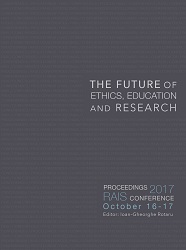
Keywords: Religion; Postcolonial; Materialism; Merchandise; Politics
The role of religion and culture in socio-economic development can not be underestimated. Coupled with socio-economic advancement, the postcolonial and contemporary African society is characterised by unprecedented rise in the level of religious movements with diverse contradicting beliefs championed by so called spiritual and religious leaders. The overwhelming socio-economic downturn in the society has meant that people have turned to religion for solutions to their problem but the church has not really lived up to expectation which writer likeSoyinka portrayed in his text. Considering the above mentioned, this study textually analysed Wole Soyinka’s The Trials of Brother Jero from a postcolonial theoretical perspective with the aims of exploring religious dynamics vis-à-vis cultural /moral degradation as portrayed in the text. It further resonates the place of culture in the contemporary religious environment. Moral degradation is captured from the characters of brother Jero, the old prophet, Jeroboam and the drummer boy where lack of respect for elders, covetous exploitation by spiritual leaders, materialism, falsehood and deceit are exemplified in religious setting as depicted in the text.
More...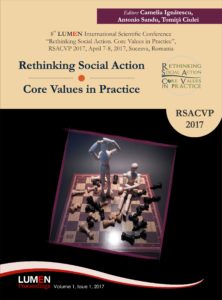
Keywords: homo pulsator; human behaviour; institution; education; punishment.
This paper aims to investigate a behaviour which, along with many others, is decisive in understanding human nature. Together with zoon politicon, homo homini lupus, homo faber and homo ludens, which describe trajectories of the human destiny, homo pulsator or the human being beating or bullying another human may be equally invoked as relevant in this respect. In this study, we provide a phenomenological description of this strange human behaviour; this is not a sociological perspective (which can allow us to analyse the phenomenon only as a form of anomie), nor a psychological or anthropological approach (directions that open up an interpretation starting from the decisive thesis of our aggressive nature), but a cultural perspective: beating as a cultural institution. What does this perspective mean? To understand this behaviour as one consciously set. From the perspective of Aristotelian determinism, the phenomenology of beating cannot be understood without its final causality. What is the purpose of school beating, as encouraged by the great humanist thinkers? Or of beating as a form of public punishment or as a means of torture? By asking and answering such questions, we sketch the main lines of the phenomenology of this bizarre behaviour of human beings.
More...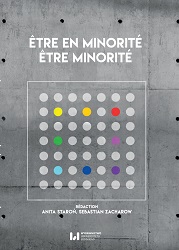
Keywords: Muslim minority; attacks in Paris; argumentation; discourse analysis; minorité musulmane; attentats de Paris; argumentation; analyse du discours; ethos
After Paris attacks in 2015, the image projected by the Muslim minority is very negative. The objective of this study is to analyze the discursive construction of the collective ethos of the Muslim minority in France, through the speeches in media. Our corpus consists of a group of digital texts (articles, blogs, forums, social media, etc.) Our search is at the crossroads of two disciplines: argumentation and discourse analysis. Our analysis proceeds in four steps: first, we present the impact of Paris attacks on the Muslim minority. Then, we study the preliminary ethos of Muslims as it is constructed in the media. Afterwards, we analyze the collective ethos self-attributed, presented by Muslims in response to their negative ethos. Finally, we study the arguments they advance to rework this negative preliminary ethos.
More...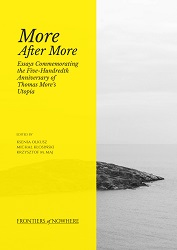
Keywords: video game;video game studies;game studies;utopianism;utopian studies;neoliberalism;economy;
More...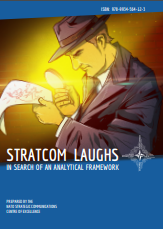
Keywords: Russia; Ukraine; Crimea; aggression; communication; strategic communication; humour; media; psychology; stress-relief;
Ukraine is a unique case for study as far as the use of humour as a strategic communication tool is concerned. Russia launched a massive information war against another country. During the first months after the annexation of Crimea and the war in Eastern Ukraine, there was no unified or coordinated approach to countering Russian propaganda. Furthermore, during the first phases of the war, civil and military volunteers, and the Ukrainian diaspora took the place of the official Ukrainian authorities in countering Russia’s information attacks. A horizontally organized, post-Euromaidan Ukrainian civil society had to combat Russia’s vertically constructed propaganda machine. That horizontally structured civil society provided such functions of humour as solidarity (belongingness) and stress-relief. As the information war progressed, Ukraine, a country with no real experience in counterpropaganda and with restricted financial capacity, had to learn how to fight back, literally from square one. That is why Ukraine counterpropaganda and use of humour were and still are more a product of a variety of independent and spontaneous initiatives, rather than a systemic approach. Nevertheless, the diverse landscape of humour in the Ukrainian media provides a rich source of information for the case study.
More...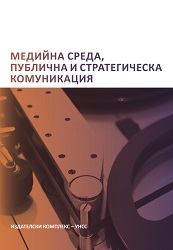
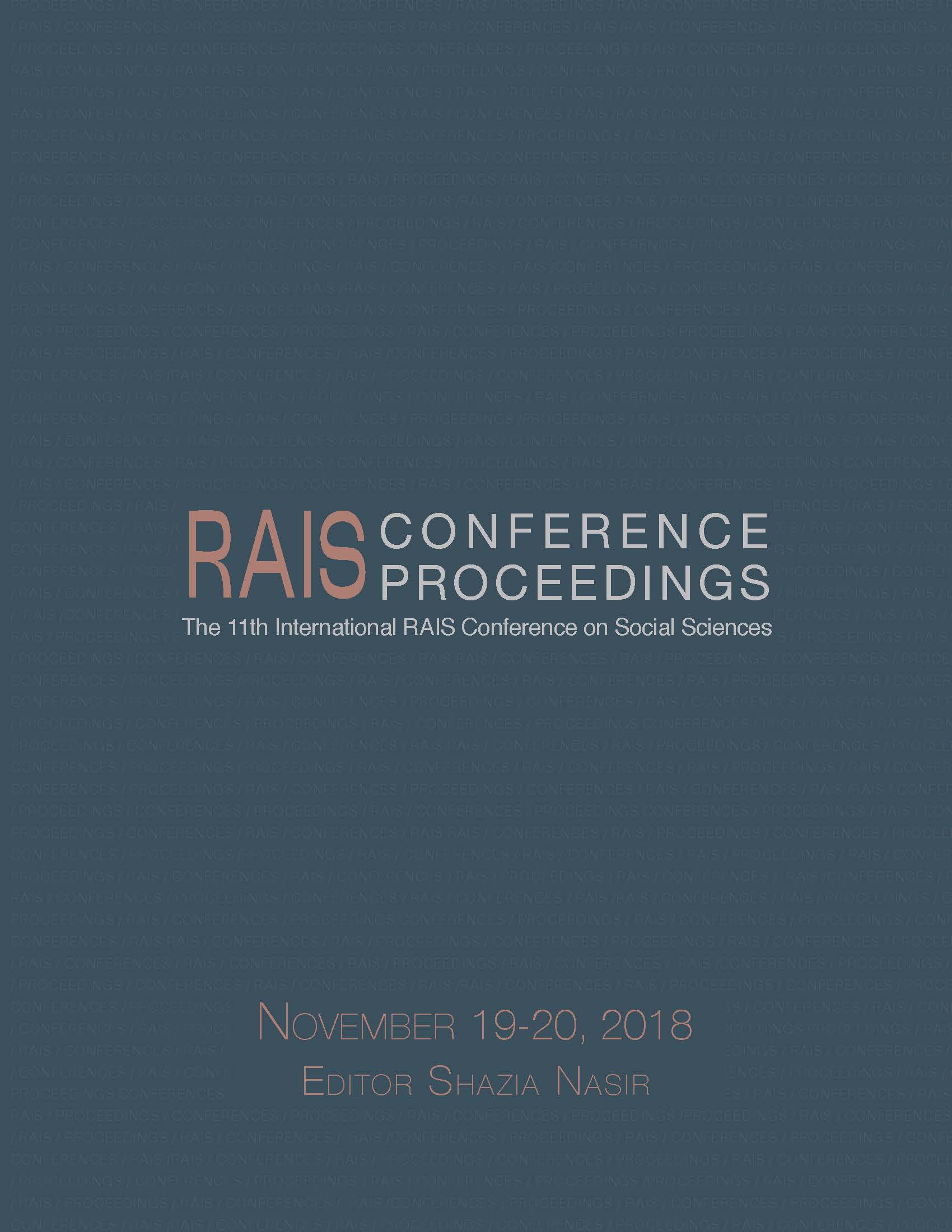
Keywords: crimes; fighting offences; hatred; methods of combating;
Hate crimes are a serious concern in the world and the objective of approaching and combating discriminatory motivated crimes is pursued at international level as well as at national level in many countries that have adopted specific and strategic actions and/or policies. “Hate crimes” is a generic term that refers to all those offences committed by the offender on the ground of discriminatory motivation. We want to draw the attention to the fact that hate crimes based on religious criteria (but not only) are a very sensitive matter and the evidence of this lies, for example, in the terrorist actions of certain Islamic groups that have detonated a bomb in the editorial of a magazine that had published a caricature of an Islamic prophet, in Paris on 7th of January 2015. We believe that the religious affiliations of every nation must be respected, but it is inconceivable that terrorist attacks should occur as a reaction to disapproval of certain inadequate attitudes of the press.
More...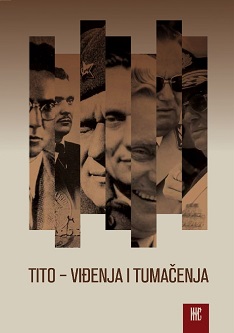
Keywords: Bulgaria; FPRY/Yugoslavia; caricature; Josip Broz Tito; the Tito-Stalin conflict; propaganda; art; press;
The article deals with a relatively marginal topic which is part of a much larger framework that shapes the Tito-Stalin conflict after the Cominform resolution against Yugoslavia - namely the cartoon propaganda which took place in Bulgaria. The accent is put on the cartoons dedicated to the Yugoslav leader Josip Broz Tito in particular and Yugoslavia in general. This problem is discussed on the background of the dynamical and controversial Bulgarian-Yugoslav and Bulgarian-Serbian relations. The author tries to examine whether Bulgarian cartoons after 1948 used the older Bulgarian stereotypes regarding Serbs and Yugoslavs and whether there were new messages which under the influence of communist ideology departed from traditional images attached to the Bulgaria’s western neighbors.
More...
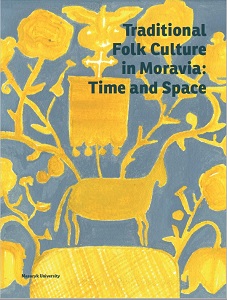
Keywords: Rural people; 18th-19th century; Moravian countryside; Villager's reading;
The reflection of time and the acceptance of and preference for what is time-tested, well-established, and still valid from the perspective of rural people are demonstrated by what they read. During the 18th and 19th centuries, the literature that was read often concentrated on old texts, repeatedly read over generations. Such reading habits slowly began to disappear from the countryside only in the second half of the 19th century.
More...
Keywords: Peddlery; cultural integrity; rural and urban environment; 18th-19th century;
The principles of cultural integrity can be recognized in the operation of some specific professions as well. During the 18th century, there was a gradual increase in the volume of clerical work dealing with peddlery, especially peddling trade, in Central Europe. The state administration and the bureaucratic apparatus of lower degrees simply responded to the fact that villages and towns were visited nearly daily by peddlers offering goods or services.
More...
Keywords: Refugee; Immigration; Political Cartoon; Content analysis;
Today, migration, immigrants and refugee issues are closely related to the whole world. The developments about these issues can be followed from the media almost everyday because they have news value. Political cartoons, which are woven with messages based on drawings, are interested in these issues too since they are also media contents. The purpose of this study is to show how the refugee case is handled in political cartoons. In the study, 989 political cartoons which were exhibited between the years of 2013 and 2016 in The Aydın Doğan International Cartoon Competition was selected. Then, both quantitative and qualitative content analysis were applied to them to understand how much place these issues take place and in which context they are discussed. Finally, it is determined that political cartoons about these issues has became even more important year by year.
More...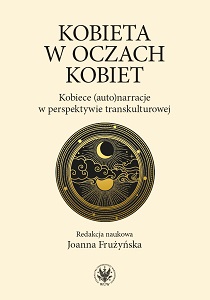
Keywords: women’s studies; feminism; female; European; Asian; African
The book shows the the picture of feminity in European and world culture, which emerges from the texts concerning the beginnings of women’s movement as well as in the recent publications, describing existential experience of women in local and global dimension. The publication explores the problems of distant cultures and close nations of our continent, especially Central Europe. The provided perspectives show a visible symmetry of fates of women living in Western, Middle East, African and Asian cultures.
More...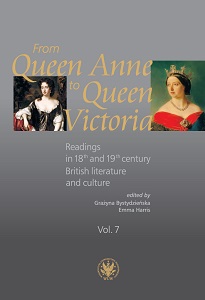
Keywords: Charles Dickens; marriage plot; happy ending; expectations
Charles Dickens’s "Dombey and Son" (1846-8) represents a key reference point for Victorian gender studies, with critics focusing on the contrast between the ‘gender offender’ Edith and what Juliet John terms normative passivity on the part of the heroine Florence. This article addresses the question of whether marriage was really a happy ending for the women in Dickens’s novels, demonstrating that despite numerous weddings and marriages, "Dombey and Son" by no means presents matrimony as a solid foundation for happy unions and success in personal relations. Along with a vivisection of the marriage plot, there is speculation on what readers are expecting from the ending of a Dickens novel and concludes that weddings in "Dombey and Son" are not even “incisive beginnings”. As exemplified by the unions of Bunsby with Mrs. MacStinger, Florence with Walter, Cornelia Blimber with Mr. Feeder, B.A., and Susan Nipper with Toots, marriage is presented as a rather dusty tradition, and often a farce, not introducing the desired or expected change for the protagonists.
More...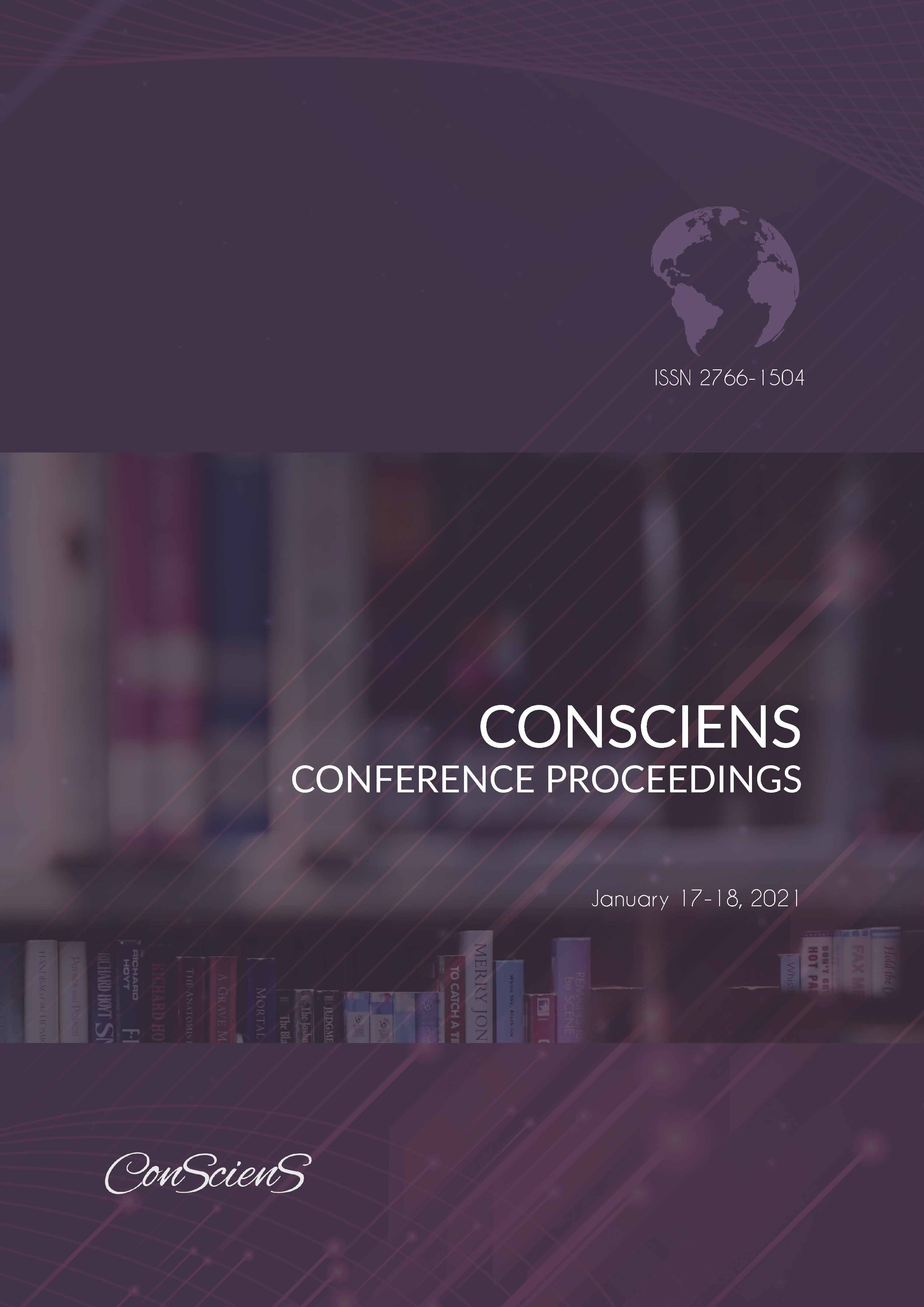
Keywords: artistic; creativity; psychology
Art is born at the border of external and intrapsychic realities, through the human being’s necessity of including pragmatic elements of his environment into his own affective system. Creativity stands between objective and subjective worlds as a symbolic metamorphosis of the material into the immaterial of the imagination, conscience and emotions of the artist. The product of creativity will be a complex interpretation of environmental elements meant for reinterpretations by other personalities, with their own individual and specific set of imagination tools. But what if, the inspiration for the artistic work is not a reflection of reality but o product of patho-psychological disruptions or, what if the inspiration resides in the altered emotional and neurological perception of reality? The artistic creativity within psychopathological activity in certain psychiatric disorders have been raising interest for both medical and non-medical world but the most intriguing aspect, is maybe, the colorful and complexity of emotions and sensations that are perceived by non-psychiatric persons when viewing such works. Maybe this could represent an argument for the subjective and relativeness of the human psychology, beyond social and cultural standard values.
More...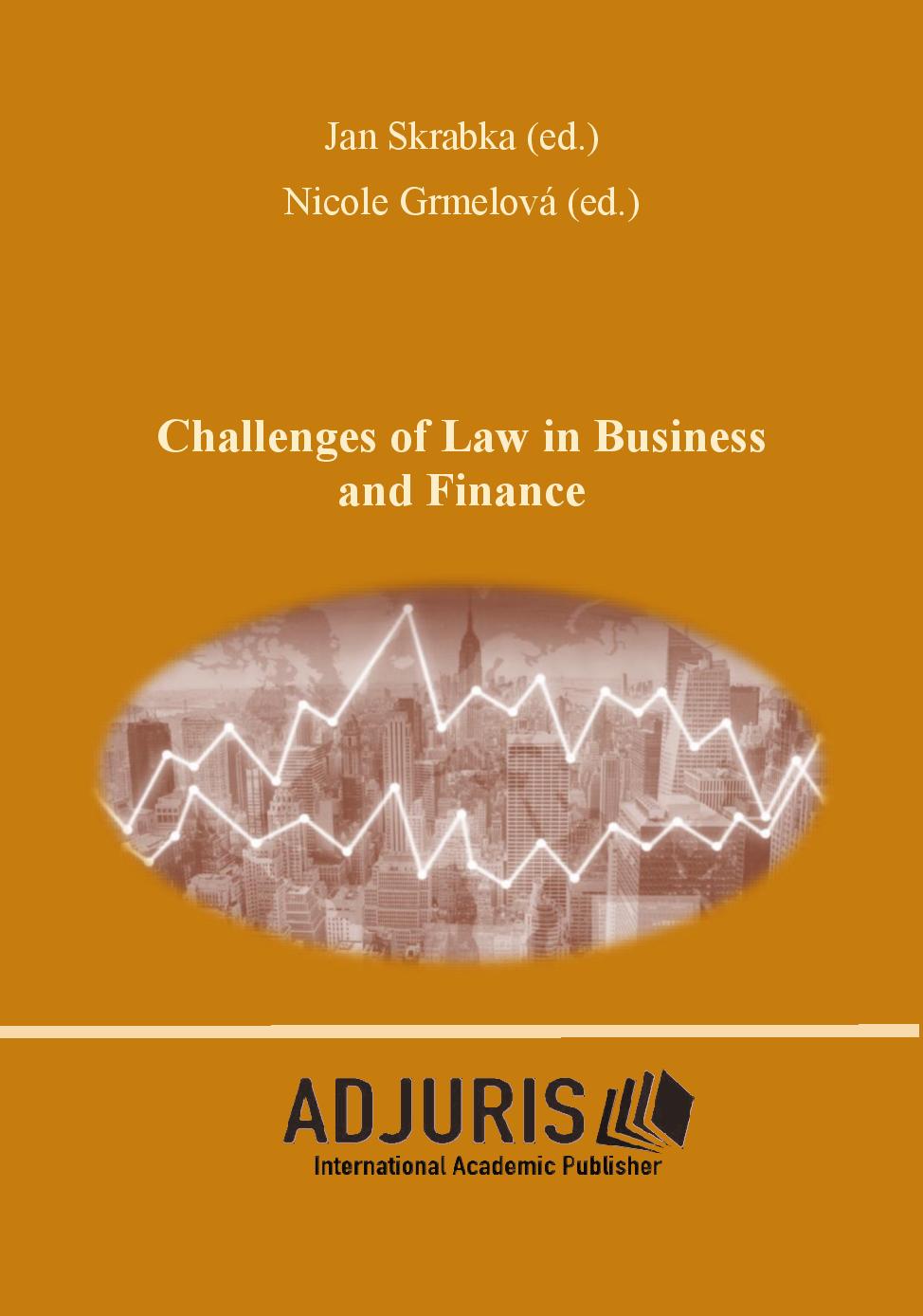
Keywords: copyright; constitutional protection of copyright; case law of the Constitutional Court of the Czech Republic; concept of constitutional protection of copyright in the Czech Republic;
This paper focuses on the analysis of the application of the principles and provisions of constitutional law to the area of copyright in selected case law of the Constitutional Court of the Czech Republic and confirms their general importance, which manifested itself in the problems of legislation and case law during the Covid-19 pandemic. The starting point is to identify the principles and individual provisions of the constitutional law of the Czech Republic applicable to the protection of intangible objects of copyright, in particular the provisions of Art. 34, (1) Charter of Fundamental Rights and Freedoms of the Czech Republic on the protection of the results of creative intellectual activity. The aim is to find out how the Constitutional Court resolves conflicts between individual constitutional rights when they are infringed. Further goal is to consider the concept of constitutional protection of this field in the Czech Republic to compare with the concept of constitutional EU law and with international law. This will be done using the method of analysis and legal comparison.
More...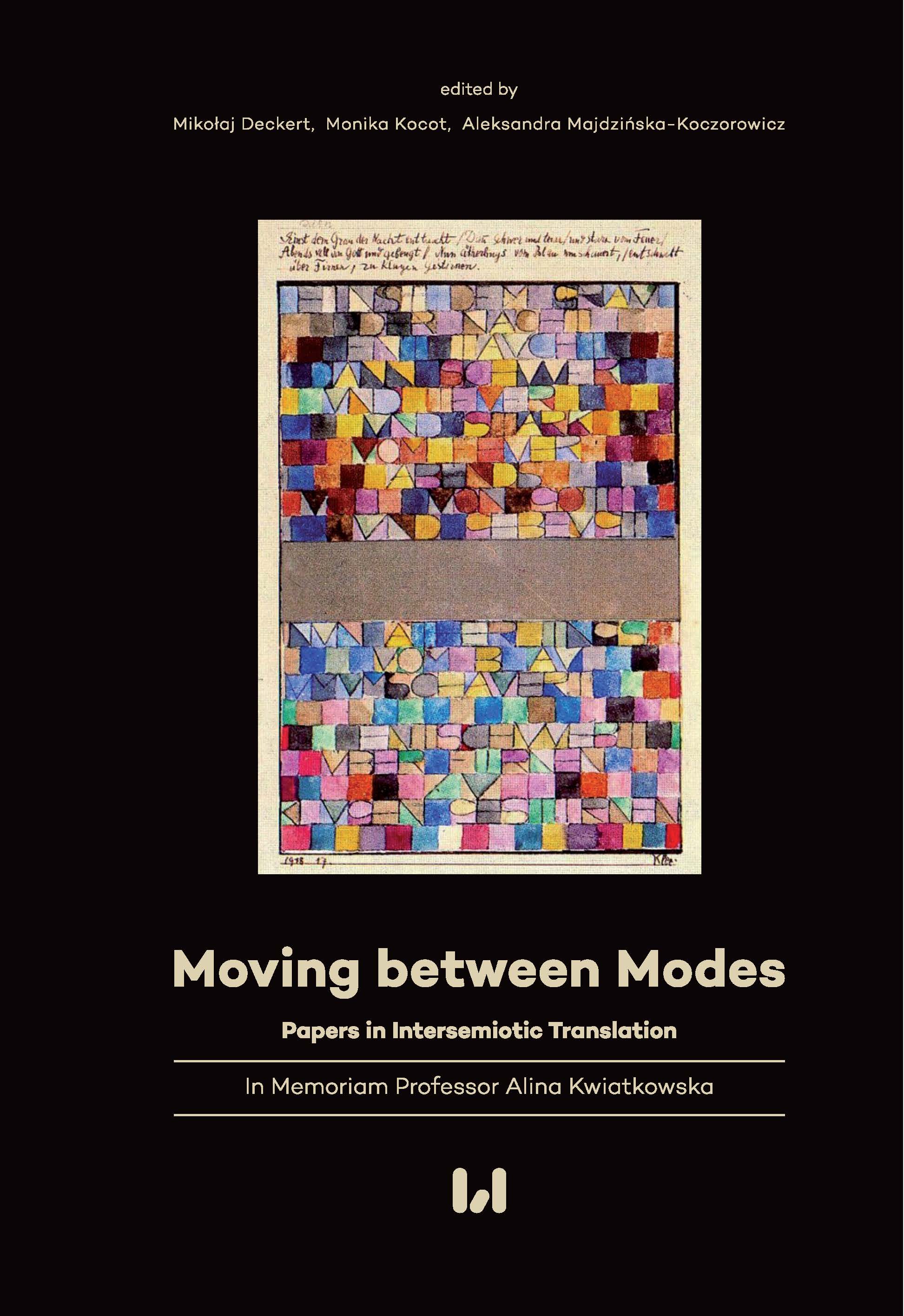
Keywords: photography;serialization;multiplication;Stanisław Ignacy Witkiewicz
The chapter offers a semiotic reflection on the aspects of serialization and multiplication of Stanisław Ignacy Witkiewicz’s portrait representations and their photographic transpositions.
More...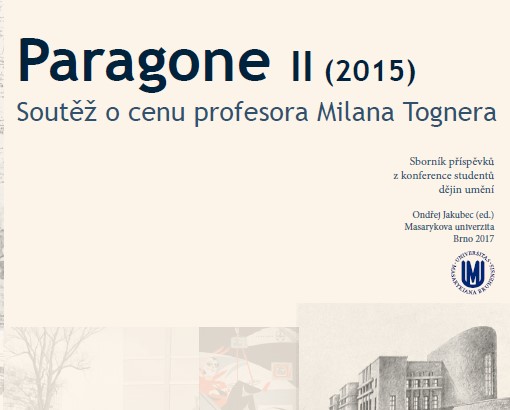
Keywords: Cubism; art forms; history of art; caricatures;
Žánr karikatur, které přemalovávaly a opravovaly obrazy viděné na oficiálním Salonu, přetrvával oslabeně do období let rané avantgardy počátku 20. století. S multiplikací konkurenčních salonů – zejména Salonu nezávislých a Podzimního salonu – tento žánr ztrácívitalitu a rozřeďuje se v napodobeninách anonymních děl, dale se však objevují různé scény znázorňující umělce v ateliéru nebo ohromené návštěvníky před obrazy vystavenými na Salonu. Stopy této tradice pokračují v humoristickém tisku, jako byl ve Francii Le Journal amusant, Le Rire či La vie parisienne. V Čechách se karikatury kubismu objevovaly v populárních ilustrovaných časopisech jako Humoristické listy, Švanda dudák nebo ve specializovaném časopise Skupiny výtvarných umělců Umělecký měsíčník, kam přispíval svými karikaturami Zdeněk Kratochvíl.
More...